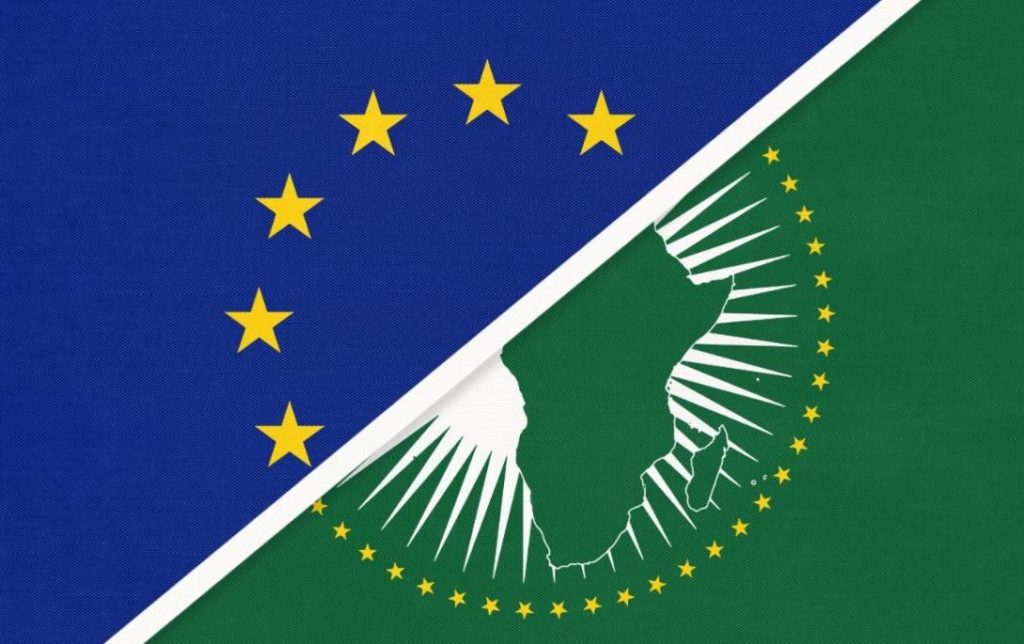Highlight 11/2024 – The EU-Africa Global Health Partnership
Koulouar Kinga Nadege, 12 March 2024
Keywords : Infectious diseases, Global health, EU-Africa cooperation

EU-Africa Global Heath partnership builds on the achievements of the previous initiatives between Europe and the African continent such as the European and Development Countries Clinical Trials Partnership (EDCTP) and aims at increasing health security in Europe and in Sub-saharan countries. In the interim evaluation of the EDCTP2 assessed EDCTP program and highlighted its high relevance because challenges addressed by EDCTP persevere up to date.
Though according to art 6 of TFEU, protection and improvement of human health is a complementary competence of the EU, global health is one of the key competences of the European Commission. As such, during the first phase of the partnership, the Commission was responsible for the establishment and operationalization of the EDCTP. But recently, the partnership becomes financially autonomous. In terms of implementation, the initiative fosters South-South and South-North cooperation as all consortia. Applying for funding must have at least one partner from EU member state or a country associated with Horizon Europe and at least one partner from a sub-Saharan African country, member of the EDCTP Association.
The legal basis for EU intervention is Horizon Europe Programme as the partnership would capacitate EU to overcome challenges related to research fragmentation and to participate effectively in solving global health by providing investment in this field. Furthermore, considering the magnitude of global health issues, EU has chosen to implement a Joint Undertaking (art. 187 TFEU). To this end, the partnership combines actions by EU, EU member states, Sub-saharan countries, associated countries and other parties such as African development partners and international funders. For the African sub-Saharan countries, literature showed that Africa is home to emerging and re-emerging infectious diseases of which some originates from the continent. Infectious diseases increase public heath burdens on African countries and reduce their capacities to fulfil development objectives and aspirations.
With a total budget of up to €1.6 billion, this partnership would speed up the development of new or enhanced heath technologies (vaccines, medicines, diagnostics and medical services) and health systems interventions for infectious diseases as to make them more affordable, accessible, safe and effective and contribute significantly to the protection of citizens from pandemics and increase global heath security. The partnership would reinforce research capacities for preparedness and response against emerging infectious diseases in Africa and globally as well.
Led by a governing body in which EDCTP association and the European Commission have equal voting rights, the governing body is composed by representatives of the European Commission, representatives of the EDCTP association and alternate members. Additionally, a scientific committee imbedded with the mission of assisting in the design of strategic and scientific activities, including priorities to be addressed and, of a stakeholder group imbedded with the mission of providing inputs on strategic, scientific and technological priorities and to make suggestions on concrete synergies to be developed with adjacent sectors were created. The latter was expanded to accommodate representatives of key global heath actors. To avoid duplication of efforts and ensure complementarities, coordination mechanisms have been set up.
Koulouar Kinga Nadege, Highlight 11/2024 – The EU-Africa Global Health Partnership, 12 March 2024, available at www.meig.ch
The views expressed in the MEIG Highlights are personal to the authors and neither reflect the positions of the MEIG Programme nor those of the University of Geneva.
